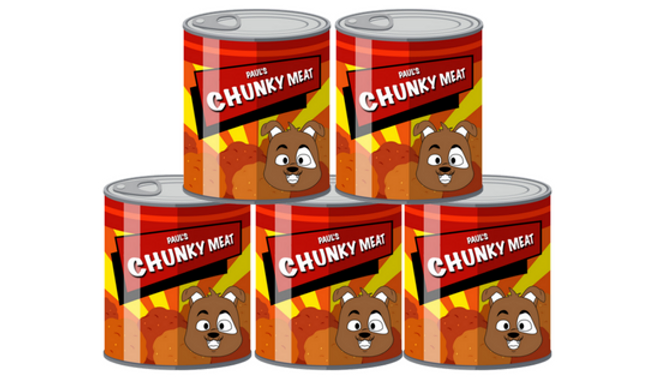Confidence in social media is at a low ebb right now, and there’s a mood amongst some brands to diversify their online marketing plans. It’s possible we’ll see some Q1 and Q2 uptick in older media, like print or TV. My local cinema chain seems very upbeat about big screen advertising at the moment, so here’s a quick blast of the Pearl & Dean sting just to get us in the mood…
Ba-ba-ba-ba-ba-ba-ba-ba-ba-ba-ba…
Clearly, Facebook, when it thinks about its core business, isn’t going to take this wave of sentiment against it lying down – although the cynic in me feels they almost could. Just how far is the #deletefacebook movement going to go? Not far, you feel.
But faced with possible legislative backlash, and the general turning of the tide (because even if people aren’t deserting the platform, they are using it less, and that’s specially true of kids), Facebook is going to do something, and I don’t just mean offer apologies and assurances to government agencies.
It’s worth reminding ourselves of the basics of what Facebook is. As individuals, we want to share pictures of cute puppies. As a brand selling puppy food, I want to position Paul’s Chunky Meat (for puppies) as the best thing your dog can eat. Facebook enables this. The individual gets to post their pictures for free; the brand can set up a page to show how healthy all our dogs could be if only we chose… etc. So far, so innocuous.
But in addition, Facebook knows exactly how many people post pictures of their puppies, and who they are, and it can say to brands “want to advertise directly to people’s feeds, and only to people who like/own dogs?”. Nice. Why waste any of your spend advertising on people who only have cats, right? Those people are freaks…
Now, let’s put aside that a lot of these “powerful algorithms” are junk. ‘This guy likes Arsenal, so he likes football, so let’s target him with stuff about Tottenham Hotspur.’ Stupid.

No, Facebook needs to restore credibility in three areas. First, some people have complained about Facebook’s micro-targeting, as if there were something sinister about showing people brands and subjects they (might) like. Personally, I’d prefer it if Facebook did that job better, and didn’t just saturate me with ‘age-appropriate’ advertising. I don’t need a standing bath just yet, guys. Advertising is part of the deal: it’s why we get all the cute stuff, and keep in touch with mates who have moved overseas. I’d suggest they are over-doing it a bit, but that’s just a business call for them to make. Their bigger problem here is ad-blocking, which we can definitely talk about another day.
Second, people are worried about privacy settings and all that, and Facebook seems very minded to do something about that. Easier, more intuitive controls… more opt-in rather than default permissions… this is all tweaking the system to make it work better, or in a way that is perceived to be better, at least.
Facebook will still know every like you like, every share you make, every page you visit (I feel like Sting could have put that better). Facebook isn’t promising to stop capturing data on its users… how could it? I’m somewhat cynical about Facebook promising improved actual privacy for individual users, when its whole model is based on gathering information. It will, of course, tighten up enormously on how and why that data is shared. I can’t see them handing over reams of user data to a third-party quite so casually again.
And there’s the third area Facebook will be looking at, and looking at hard. It has remarkable power. Not only will it make Paul’s Chunky Meat the best-selling brand out there, but it can influence any other area of our lives it chooses to, and some of those areas – like the political process – really should be ‘hands-off’ to the likes of Facebook. Plenty of people want to suggest this isn’t a problem, that they, certainly, are immune to being swayed by dodgy memes or poorly photo-shopped scandals. But none of us are wholly immune, or there would be no such thing as advertising.
So, I can see Facebook being much more of an editorial custodian, vetting pages, removing ‘Fake News’, clamping down further on extremism. I can see Facebook, generally, being a more wholesome marketplace for brands to operate in. Wholesome enough? We’ll see.
YouTube is struggling at the moment, because brands complained about their advertisements appearing alongside unsavoury videos (and their associated comments!) that didn’t reflect their personality or ethos. Facebook will need to be very careful to ensure that it doesn’t go the same way – after all, none of us want to be associated with pages that promote intolerance, bigotry or even Tottenham Hotspur.
Anyway… you wanna see a picture of my dog? I know: he looks great, doesn’t he? It’s the food we give him.




 April 10, 2018
April 10, 2018  Share This Post
Share This Post